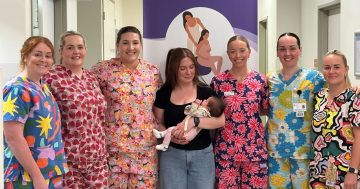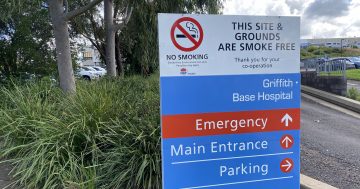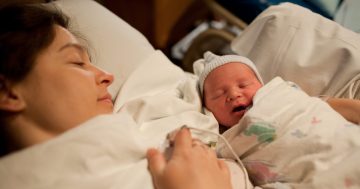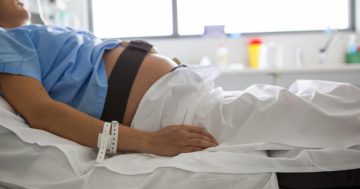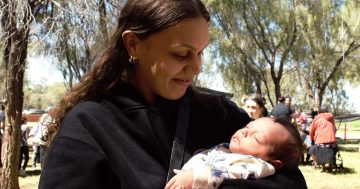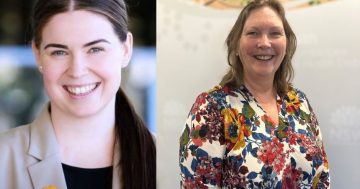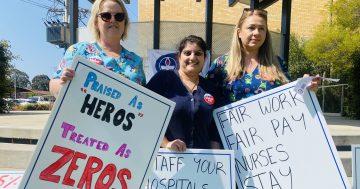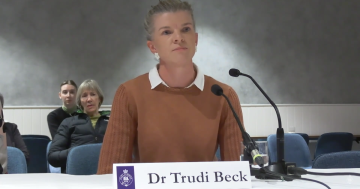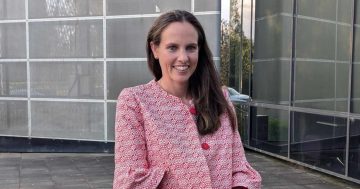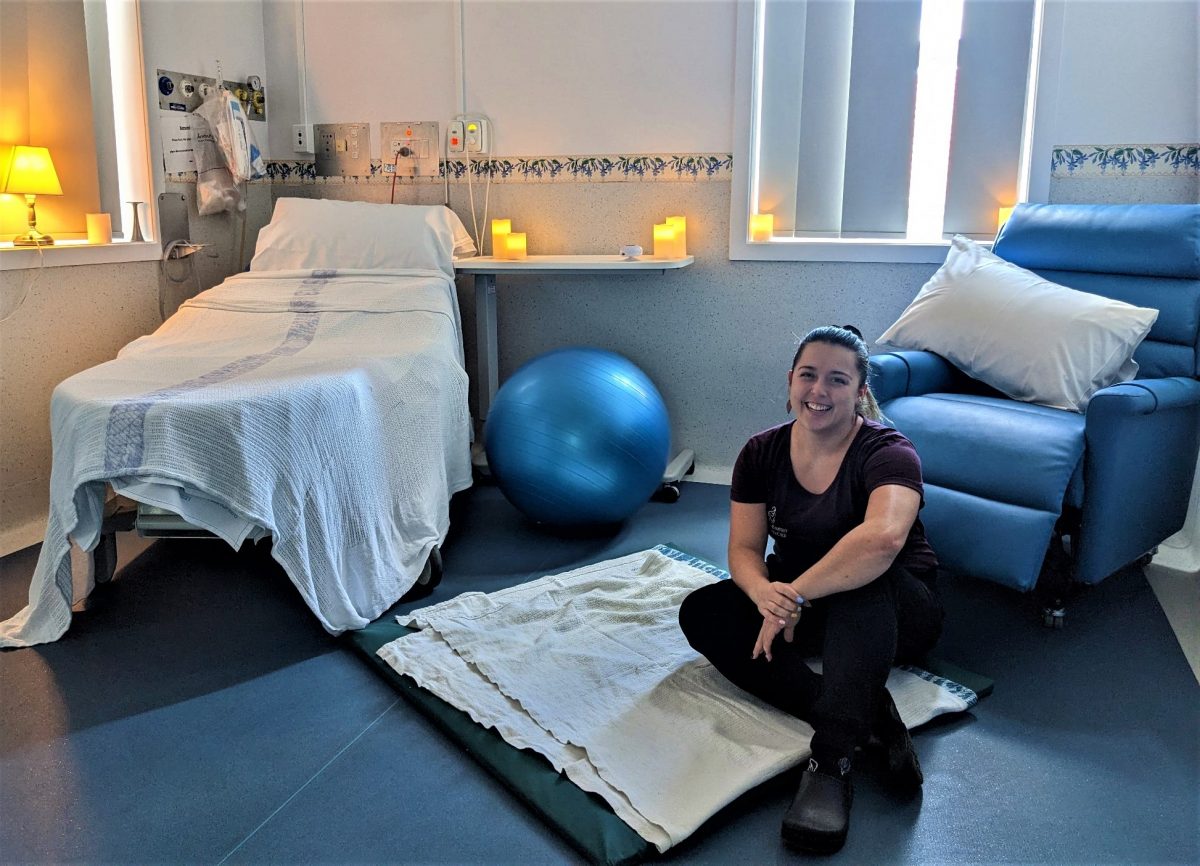
Murrumbidgee Local Health District midwife Leselle Herman is a new staff member at Leeton’s Midwifery Group Practice. Photo: Murrumbidgee Local Health District.
Before becoming a midwife, Leselle Herman had plans to work with animals.
In high school, she wanted to become a zoologist, but while working at a news agency and a pub, Leselle realised she actually enjoyed working with people.
The experienced midwife is the newest permanent staff member at the Leeton Midwifery Group Practice and knows all too well about the challenges and rewards of working in a rural hospital following her experiences in the early stage of her career.
Leselle’s passion for providing positive birthing experiences for women started when she attended a careers expo in high school.
“At the time [while working at the newsagency and the pub], we were studying reproduction in biology,” Leselle said. “I think it all just converged and I thought midwifery sounded like a great idea.
“And it turned out that it was.”
Raised in Queensland, the midwife completed a Bachelor of Nursing and a Bachelor of Midwifery at the University of Queensland.
While her education and training were done in large, busy tertiary hospitals, Leselle made the conscious decision to work in rural communities after graduation.
“I decided to go to the country and try something different for a bit of a challenge,” she said.
“I ended up in regional Victoria, in a hospital much smaller than Leeton and it was a great experience.
“You have to know what you’re doing and be confident to work more autonomously, without huge amounts of physical support around you and be ready to build up and use your emergency skills.”
Leselle moved and worked in different places in NSW and Queensland. She came back to NSW and was working in Mudgee.
When Leselle’s desire to deliver the type of care she was passionate about aligned with the Midwifery Group Practice’s model of care, this prompted her move to Leeton.
“I had reached that point in my career where I wanted to be able to work in a model that allows me to provide the kind of care I want to provide, for the women I support,” Leselle said.
“Continuity of care and having a known midwife, or team of midwives, to look after women in pregnancy, there’s strong evidence to show that it leads to reduced intervention and reduces the rate of preterm birth.
“It also reduces the risk of women and families losing their babies.”
Leselle said it was challenging to implement a midwifery-led model of care despite the mountains of evidence-based research.
“Not all communities are fortunate enough to have access to midwifery-led care … I’m very excited to be in a community that does. Leeton is very lucky.”
In her role, the midwife hopes to empower and educate women to make them feel supported and in control of their birth choices.
“Women are the expert of their own bodies, and I trust them to make decisions. I’m here to help and guide, and to support and advocate for them if things don’t go to plan,” she said.
“For the majority of women, pregnancy and birth is a normal physiological process and as a midwife, I empower women to trust their bodies.
“Being pregnant and birthing and feeding our babies, our bodies are designed to do that and it’s just a normal life event for our bodies.”
Leselle feels privileged to be part of the women’s birthing process.
The new Leeton resident felt welcomed by the community and said everyone was friendly and welcoming.
“I grew up by the beach and love the outdoors, so I’ve been checking out some spots to jump into the river for a swim and go for bushwalks and that sort of thing.
“Another thing I love to do is circus aerials and I’m hoping to get across to Wagga to join a group there.
“It’s a really fun way to exercise and the people that do it create these communities that are so supportive, and all about celebrating everyone for their skills and journey, whatever stage they’re at.
“It’s creative and physically taxing, and using your body that way gives you a real sense of accomplishment when you achieve a new goal.”







